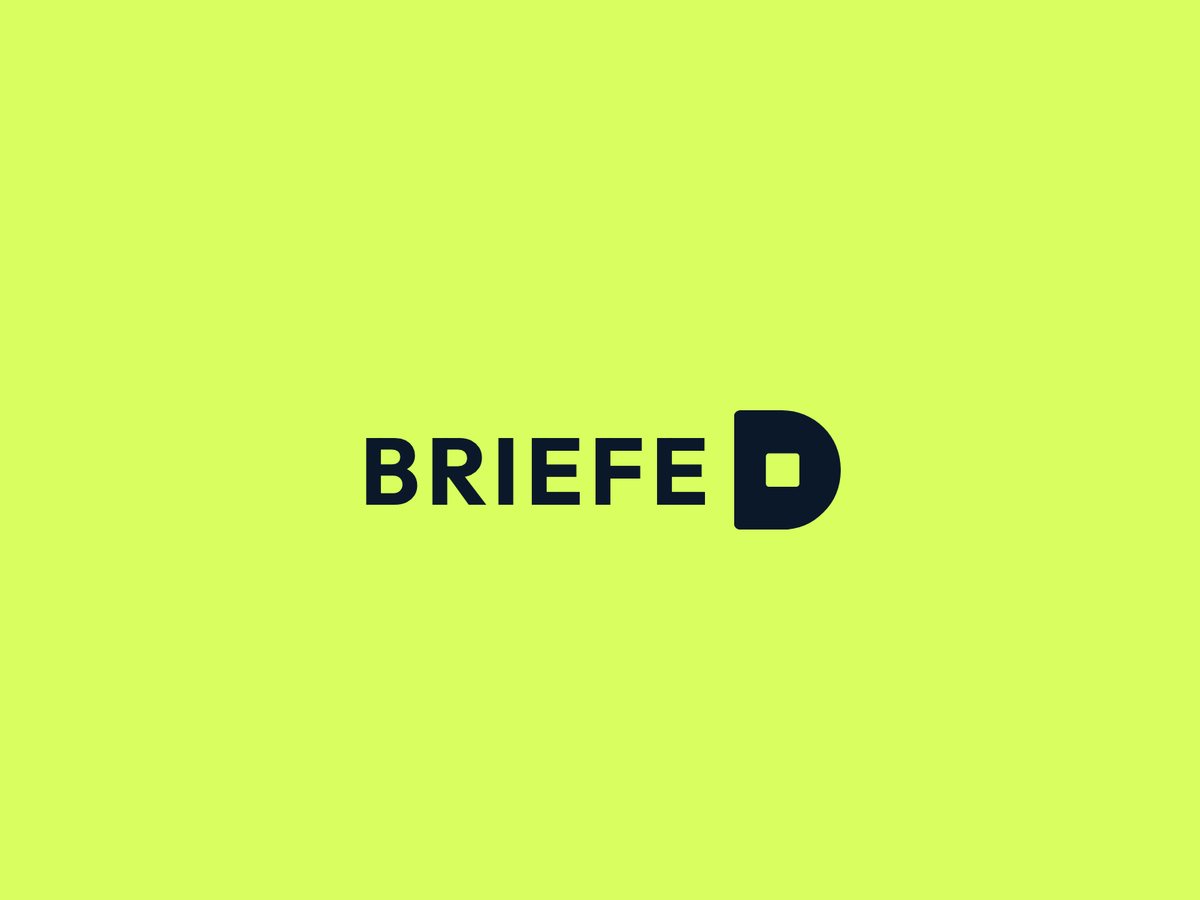
How to write an effective website brief: a step-by-step guide
Surprisingly, all website design agencies are familiar with the ‘we just need a new website’ brief – it’s often the same story, ‘we already have a site, but we just want a more up-to-date design.’ The fundamental problem with this approach is a website isn’t just a nice to have, it is a critical business tool that can significantly impact your company’s success.
What is a website brief?
A website brief is a document to provide a web agency with that outlines your project goals, requirements, and challenges. If you are in the process of selecting an agency, then it allows them to respond so you can work out who is the right fit for the project and what the project timeline and budget will be.
Why is a website brief so important?
A well-crafted website brief serves as a roadmap for your chosen agency. Putting together a comprehensive website brief will ensure they have the information to design a website that aligns with your vision and business objectives.
What to include in your website brief
We’ve put together a helpful step-by-step guide below, to help you put together your company’s website brief.
1. Company information and project outline
This is the ‘who you are’ and ‘what are you looking for’ overview. It helps us to find out some background about your business, your current website, and why you are scoping a new website. Include in this short section a little bit of detail about what your new website objectives are and how they tie in with your marketing/business goals.
2. Target audience
User experience is central to our design process and always front of mind for our team. It helps us to know from the outset who your audience is, what users you are trying to attract, and if you have specific demographic data from your current website, even better. This will help us to build a picture of how your site is performing and we can use this insight to shape your project.
3. Scope of work
This is where you flesh out your project outline into the deliverables, including content and technical requirements. By supplying details about sections/pages, we can provide an accurate quote based on the scale of your project. It also enables our team to recommend a site structure that would work effectively.
4. Design and branding
If we haven’t worked on your branding, then we will require brand guidelines to work to, including logos, colour schemes and typography. You can also include any examples of websites you like and why, preferred styles, and specific visual elements.
5. Functional requirements
Are there any core features or user experience considerations that we need to know about? For example, e-commerce, search functionality (advanced filtering), blog/news section, customisable contact forms, live chat, booking systems and user logins?
6. Budget and timeline
It’s always helpful to indicate a budget for the project so we can see if your requirements are feasible with the budget available and potentially provide solutions if not. Timescales are important. Include key milestones you must work to and an overall project timeline.
7. Contact details
Who is the primary contact for the project, include their role and contact details, and are there any other key contacts that need to be involved (and at which stages)? We can then ensure that we keep everyone in the loop and know who to involve/get buy-in from at key milestones.
8. Additional Information
Are there any industry standards that must be adhered to or any legal requirements we need to know? Does the company have any future expansions/plans in the pipeline that we need to be mindful of for this project?
Remember your website brief doesn't need to be perfect, but it acts as a solid foundation to work from, ensuring every stakeholder understands where your website project is heading. We always start any digital project with a kick-off meeting, so if you need a hand shaping your website brief, we are happy to help.
Let's work together
Get in touch with our team here or call 01780 480690.